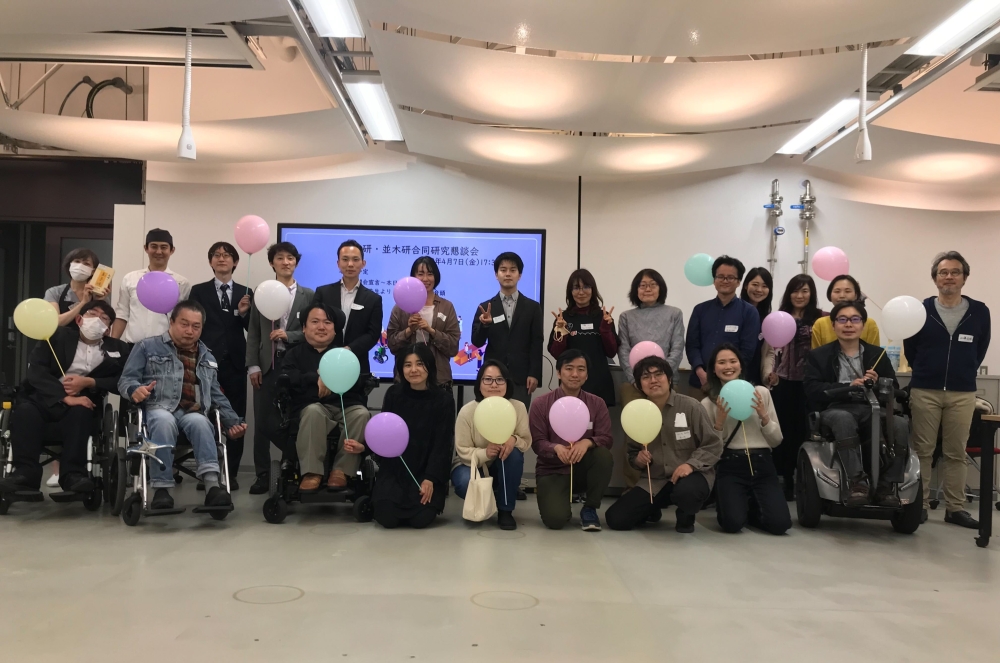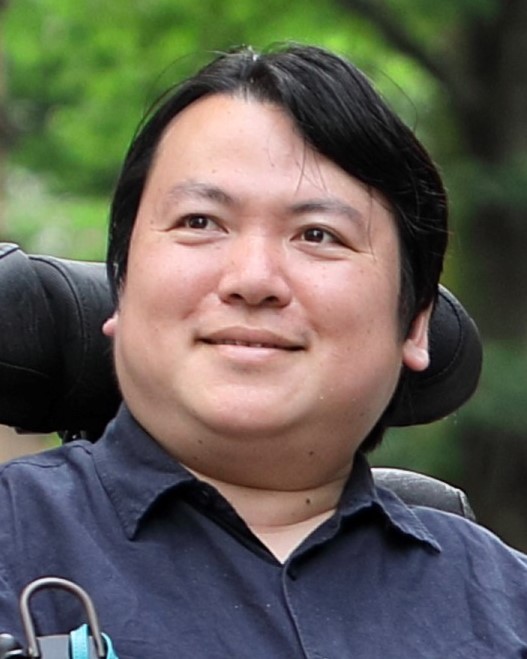- HOME
- Research
- Research Category
- Tojisha-Kenkyu Kumagaya Laboratory
Tojisha-Kenkyu
Kumagaya Laboratory
Facilitation and verification of Tojisha-Kenkyu through an interdisciplinary approach
Tojisha-kenkyu (self-directed study) is a new research activity that began in Japan in 2001. It is a research method developed to help people with mental health conditions who had been in psychiatric hospitals for a long period of time cope with the difficulties they faced in their lives in the community after being discharged from the hospitals. Since then, the research has expanded to include not only mental health conditions, but also addicts, neurodivergents, people with chronic pain, transgender, and other minorities as a method of self-help. More recently, tojisha-kenkyu has begun to be conducted among people who identify themselves as the majority, such as the difficulties of the child-rearing generation, hikikomoori (shut-ins), and medical professionals.
Tojisha-kenkyu is gaining attention not only as a method of self-help, but also as a research method that produces new knowledge. In fact, tojisha-kenkyu was born out of the need to create new knowledge for those who want to understand and communicate their own experiences, but lack the concepts and phrases to express them. Since 2015, our laboratory has been working with experts in philosophy, social science, medicine, engineering, and other fields to devise new concepts and phrases for unspecified experiences, to test hypotheses proposed in tojisha-kenkyu, and to develop support methods for latent needs that have emerged through tojisha-kenkyu.
Furthermore, tojisha-kenkyu has been utilized as a method to realize teams and organizations where diverse people can achieve high performance through mutual understanding and collaboration in companies, universities, support offices for people with disabilities, penal institutions, and so on. Our laboratory has conducted research in companies, disability support offices, and central government ministries and found that leaders with accurate self-knowledge increase the psychological safety of their teams, resulting in improved performance, work engagement, and mental health, as well as reduced discrimination. Currently, we are using tojisha-kenkyu as an intervention program to foster leaders' self-knowledge and are examining its effectiveness. Thus, tojisha-kenkyu is a unique activity that has three aspects: a method of self-help, a method of research, and a method of organizational change.

Kumagaya Lab
I was born with a disability called cerebral palsy and live my life using an electric wheelchair. After working as a pediatric clinician, I began my research activities with the theme of participatory research. Participatory research, which starts from the experiences and needs of various individuals, is filled with surprise, hope, and humor as it establishes interdisciplinary research.
Member

-
- Professor
Shinichiro KUMAGAYA
Research Area: Pediatrics, Tojisha-kenkyu - Professor
Laboratory Homepage
Tags

